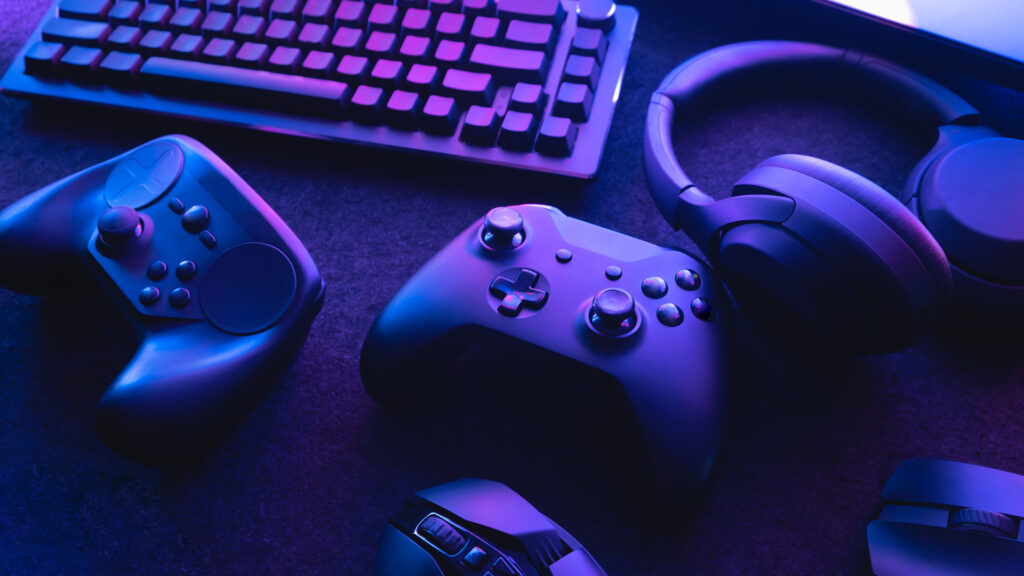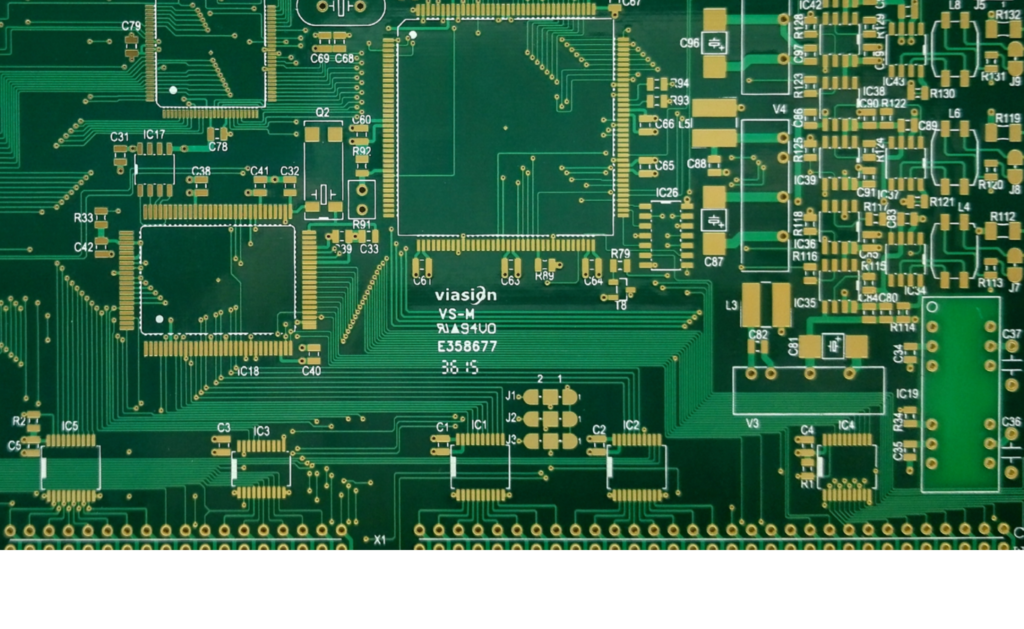In 2025, cloud gaming is faster, sharper, and more accessible than ever. We compare GeForce Now, Xbox Cloud Gaming, and Boosteroid to find the right fit.
2025 marks the moment cloud gaming finally matured into a genuine console alternative. With broadband speeds climbing and streaming tech advancing, more players than ever are embracing the cloud.
GeForce Now, Xbox Cloud Gaming, and Boosteroid each deliver the same promise – top-tier gaming with no need for high-end hardware – but their approaches vary wildly.
Cloud Gaming Essentials
Cloud gaming runs games on remote servers and streams the visuals to your screen over the internet. Your input is sent back upstream, creating an interactive feedback loop that mimics playing locally. The smoother the network, the more seamless the experience.
To deliver low-latency performance, providers deploy servers strategically around the globe and fine-tune video encoding. Most services recommend stable connections of at least 25 Mbps, with Ethernet or strong Wi-Fi preferred.
For home setup tips, check out our network optimization guide.
Meet the Contenders
GeForce Now

GeForce Now’s Ultimate tier features RTX 4080-class performance streamed from powerful SuperPODs. Nvidia is already testing RTX 50-series upgrades set to roll out during the 2025 holiday season. Users can link existing game libraries from Steam, Epic Games, Ubisoft Connect, and more.
With competitive latency and full support for ray tracing, this is the closest cloud gets to a high-end desktop rig. Its coverage includes handhelds like the Steam Deck, smart TVs, and browser access.
Xbox Cloud Gaming

Xbox Cloud Gaming shines for Game Pass subscribers. Its growing catalog of cloud-enabled titles now includes a dedicated “Cloud Playable” filter in the PC app, making discovery easier. Microsoft is testing 4K streaming internally, but for now, sessions stream at 1080p.
You can play on Xbox consoles, Windows PCs, Android phones, and iOS devices through Safari. Cross-save works seamlessly across console and cloud, which strengthens its value inside the Xbox ecosystem.
Boosteroid

Boosteroid stands apart as the largest independent cloud gaming provider worldwide. Its footprint expanded in 2025 with new points of presence in Brazil, Europe and the USA. It streams directly from its own GPU-powered servers, with AV1 support rolling out across key regions.
The service links with Steam, Epic Games Store, Xbox Game Pass, and other libraries. Performance reaches 4K at 120 FPS on supported titles. Boosteroid runs in any modern browser and has native apps for Windows, Android, smart TVs, and macOS – making it the most widely accessible platform in this comparison.
Side-by-Side Comparison
Pricing & Plans
GeForce Now offers a free tier with limitations and two paid tiers – Priority and Ultimate – with the latter unlocking RTX 4080-class streaming. Xbox Cloud Gaming is included with Game Pass Ultimate. Boosteroid uses a flat monthly or yearly rate with no tiers or add-ons.
Game Library Depth
GeForce Now and Boosteroid both let users connect Steam, Epic, and other stores. Xbox Cloud Gaming offers curated access to hundreds of Game Pass titles, including day-one first-party releases.
Device & OS Support
Boosteroid leads on compatibility, running on more platforms without needing workarounds. Xbox Cloud Gaming depends on browser access for iOS. GeForce Now supports a wide range of devices, though some require native apps.
Performance & Visual Fidelity
GeForce Now Ultimate and Boosteroid both support 4K/120 FPS in compatible titles. Xbox Cloud Gaming currently caps resolution at 1080p. Nvidia maintains a performance edge with ray tracing and DLSS in some games.
Controller & Accessory Support
All three services support Bluetooth and wired gamepads. Boosteroid and Xbox Cloud Gaming have broader console-style layout compatibility out of the box. GeForce Now also supports keyboard/mouse.
Regional Availability & Server Density
GeForce Now and Boosteroid have the widest global coverage, with Boosteroid adding new POPs aggressively in emerging regions. Xbox Cloud Gaming remains focused on markets with Game Pass infrastructure.
Who Should Choose What?
- Budget-minded gamers: Boosteroid offers the lowest monthly rate and runs well on modest hardware.
- Competitive esports players: GeForce Now provides the smoothest experience with low latency and 120 FPS.
- Mac & Chromebook owners: Boosteroid and GeForce Now run easily via browser – no installation needed.
- Traveling console loyalists: Xbox Cloud Gaming supports synced saves and lets you pick up where you left off.
Future Roadmaps & Rumors
Nvidia plans to deploy RTX 50-class SuperPODs by year-end, with faster decoding and higher frame pacing. Xbox is testing 4K streaming and expanded cross-save. Boosteroid is launching more regional servers and exploring next generation AMD gaming hardware.
Final Verdict
Each cloud gaming service plays to its strengths. GeForce Now offers peak visual quality, Xbox Cloud Gaming thrives within its subscription model, and Boosteroid brings the broadest reach at a competitive price.
- Boosteroid is the go-to for flexibility and affordability.
- GeForce Now suits graphics enthusiasts and esports fans.
- Xbox Cloud Gaming appeals most to Game Pass users and console-first players.
FAQ
How to get cloud gaming on iPhone?
Use Boosteroid or Xbox Cloud Gaming in Safari. Simply visit the provider’s site, log in, and add the web app to your home screen for a near-native experience. Boosteroid also offers a browser-based experience optimized for iOS, with minimal setup and quick launch access.
Do I need ultra-fast internet for cloud gaming?
A stable 25 Mbps connection is enough for most games. Ethernet is ideal, though strong Wi-Fi can work well too.
Can I bring my Steam library into the cloud?
Yes – Boosteroid and GeForce Now both support linking your Steam, Epic, and Ubisoft accounts.
How much mobile data does a one-hour session use?
Around 3–6 GB depending on resolution and codec. Use of AV1 helps reduce data usage without lowering quality.
Is there input-lag difference between Bluetooth and wired controllers?
Yes – wired controllers generally respond faster. However, modern Bluetooth 5.0+ gamepads perform well for casual play.




